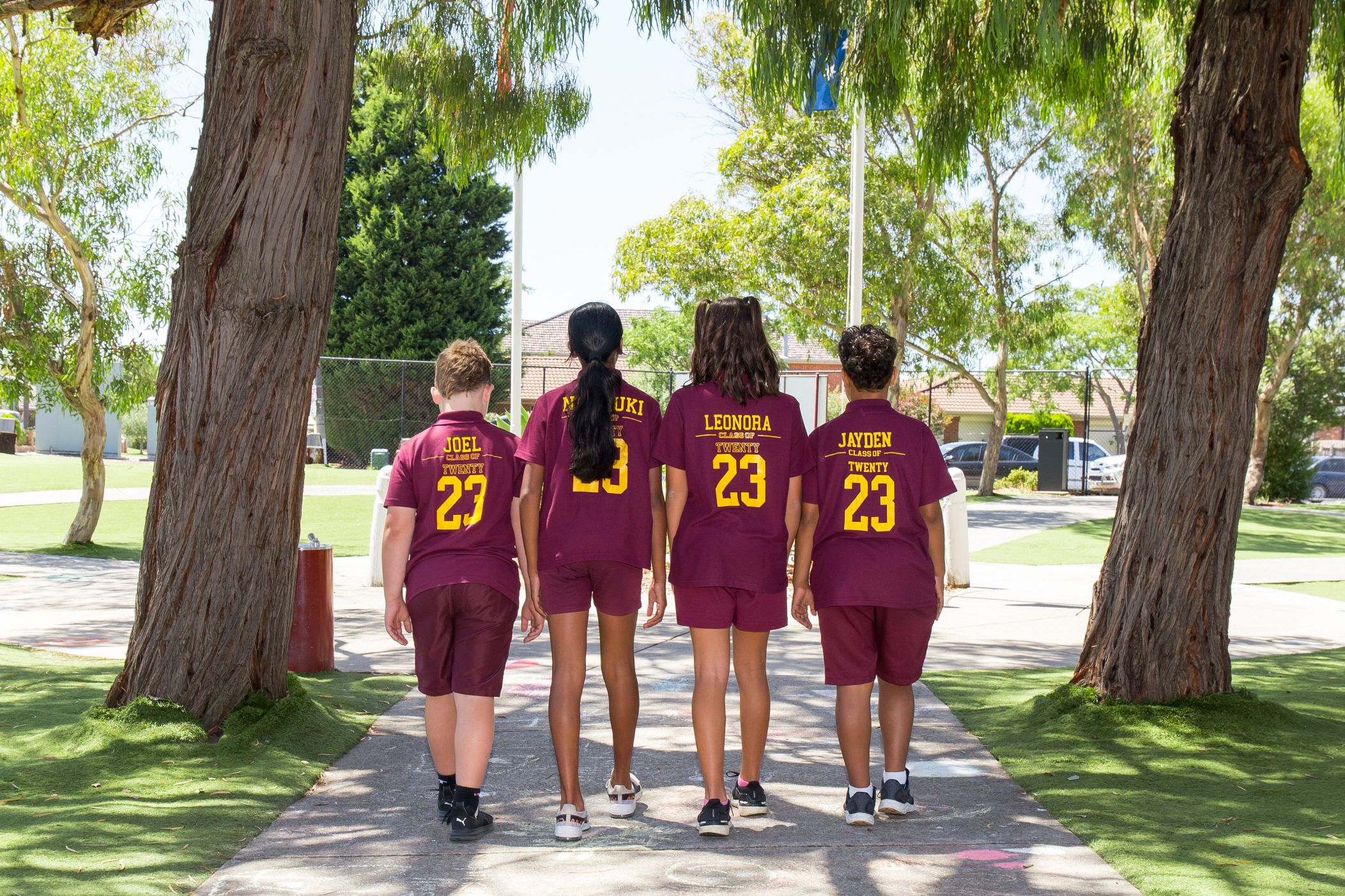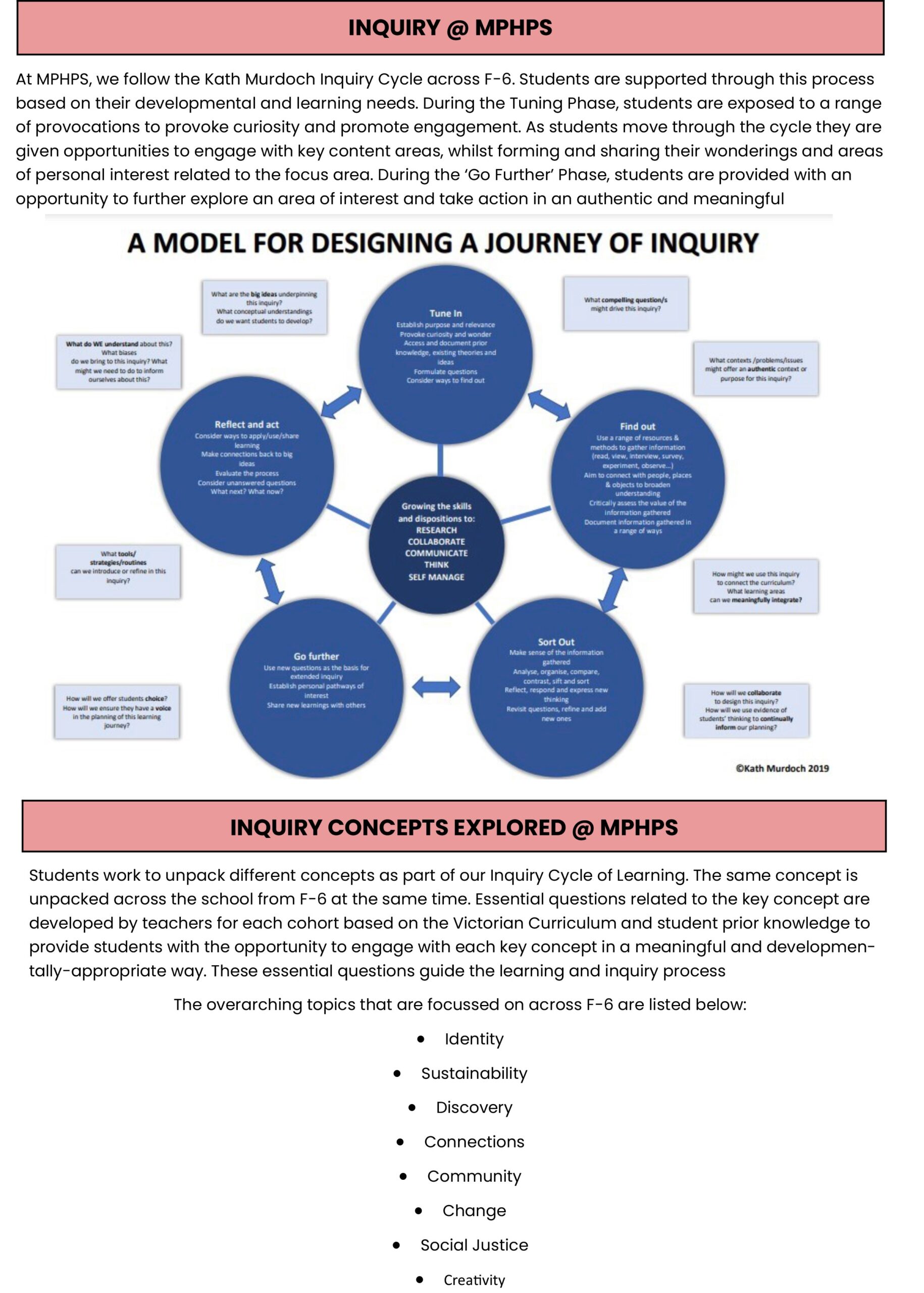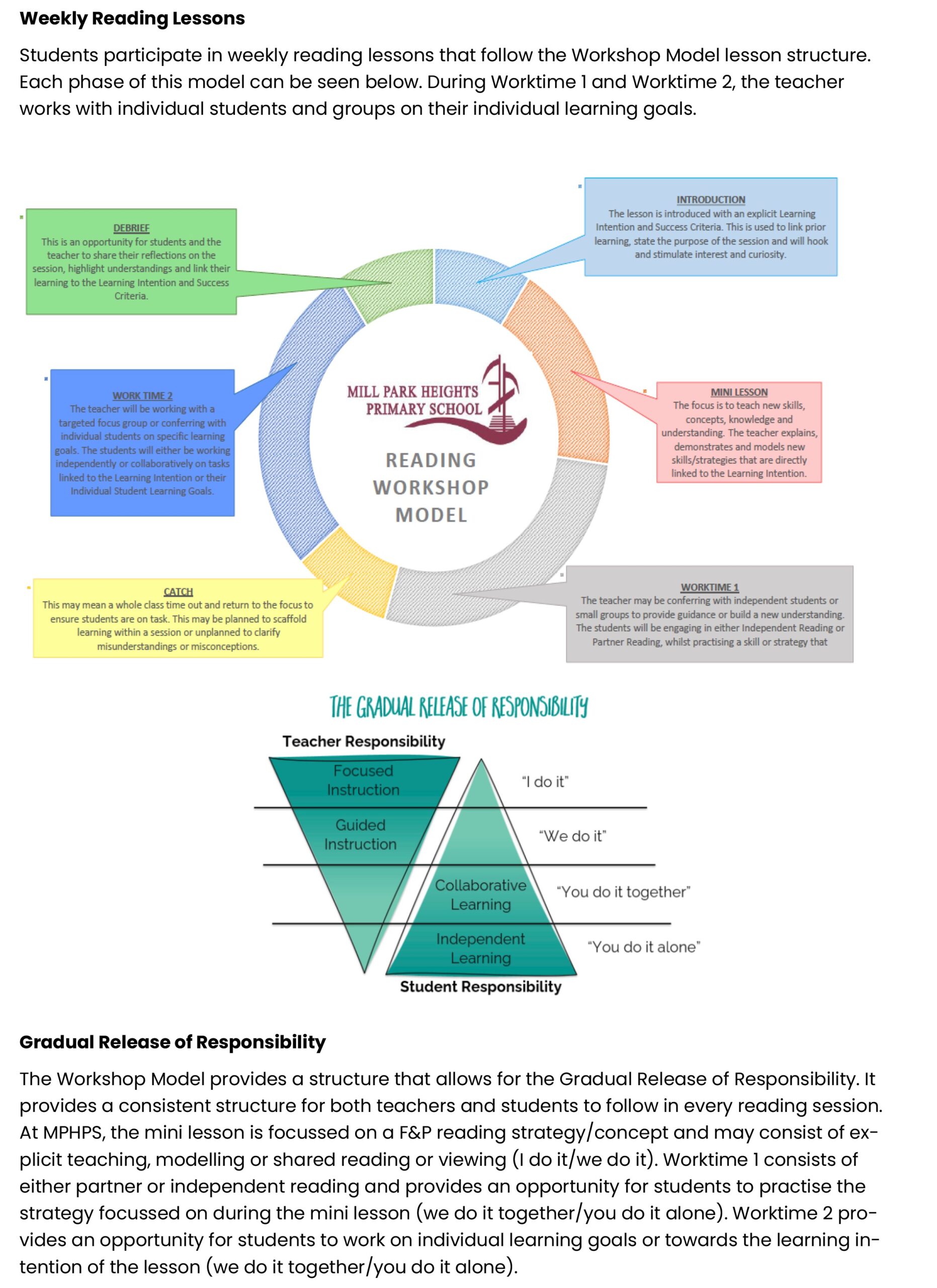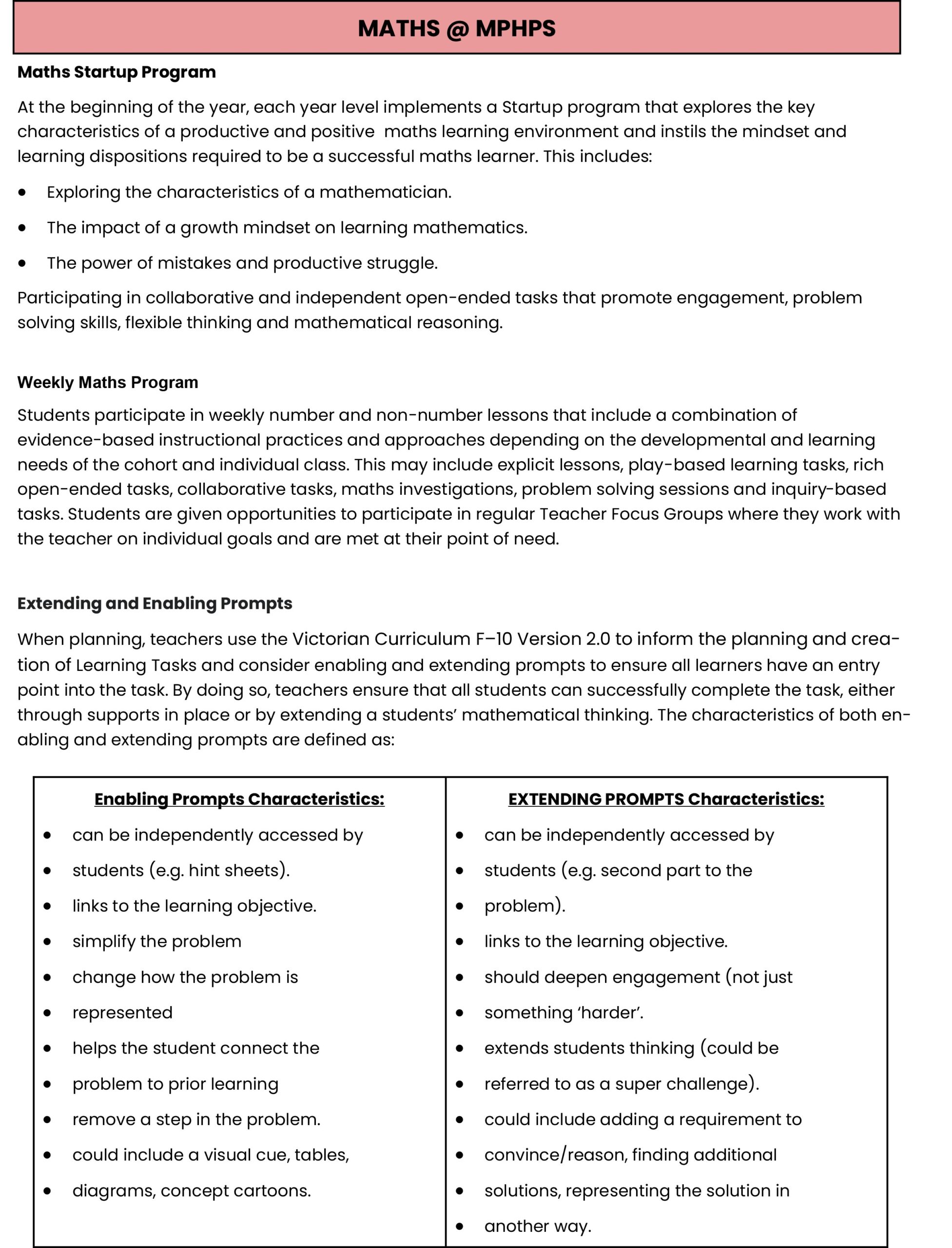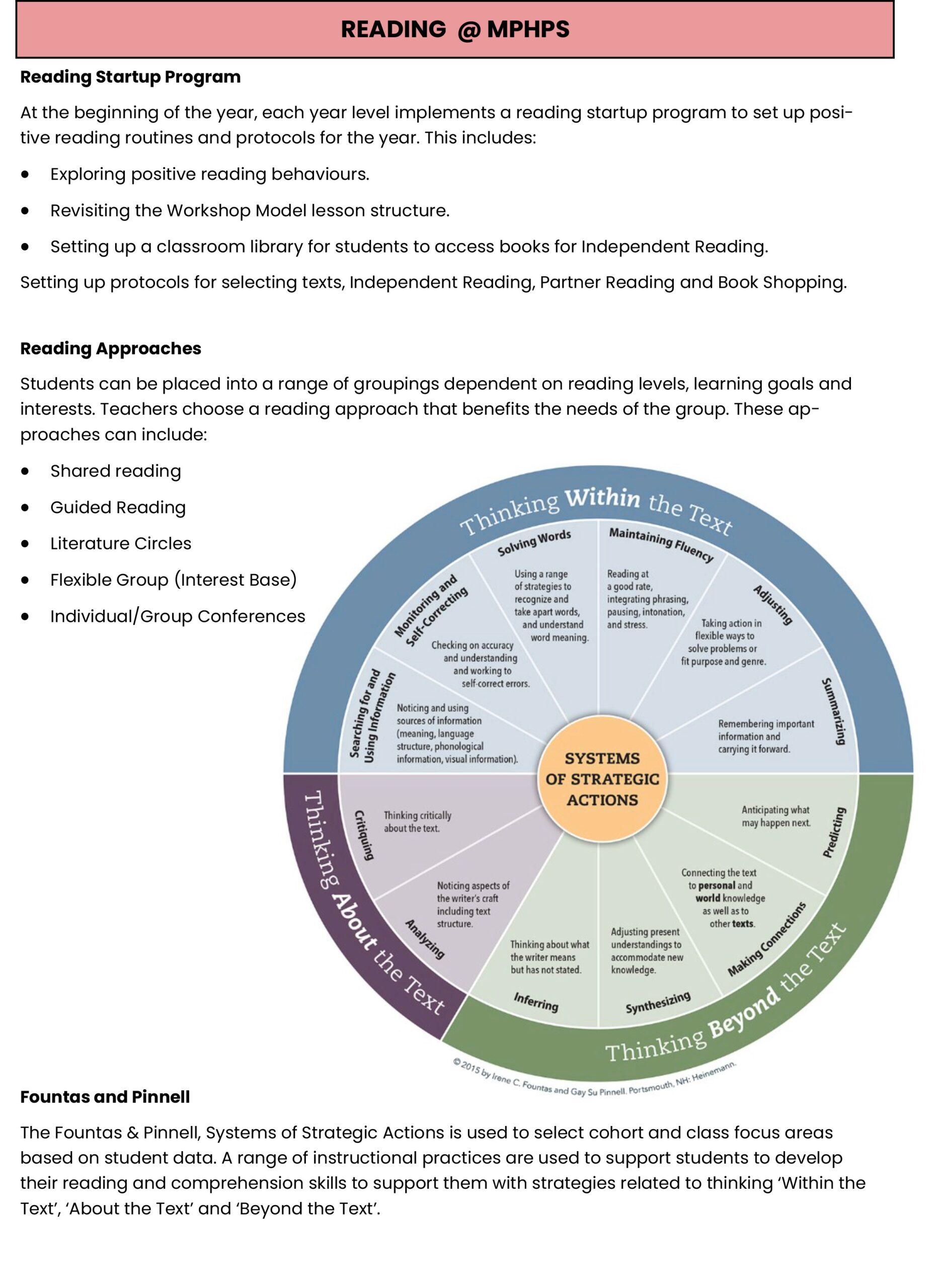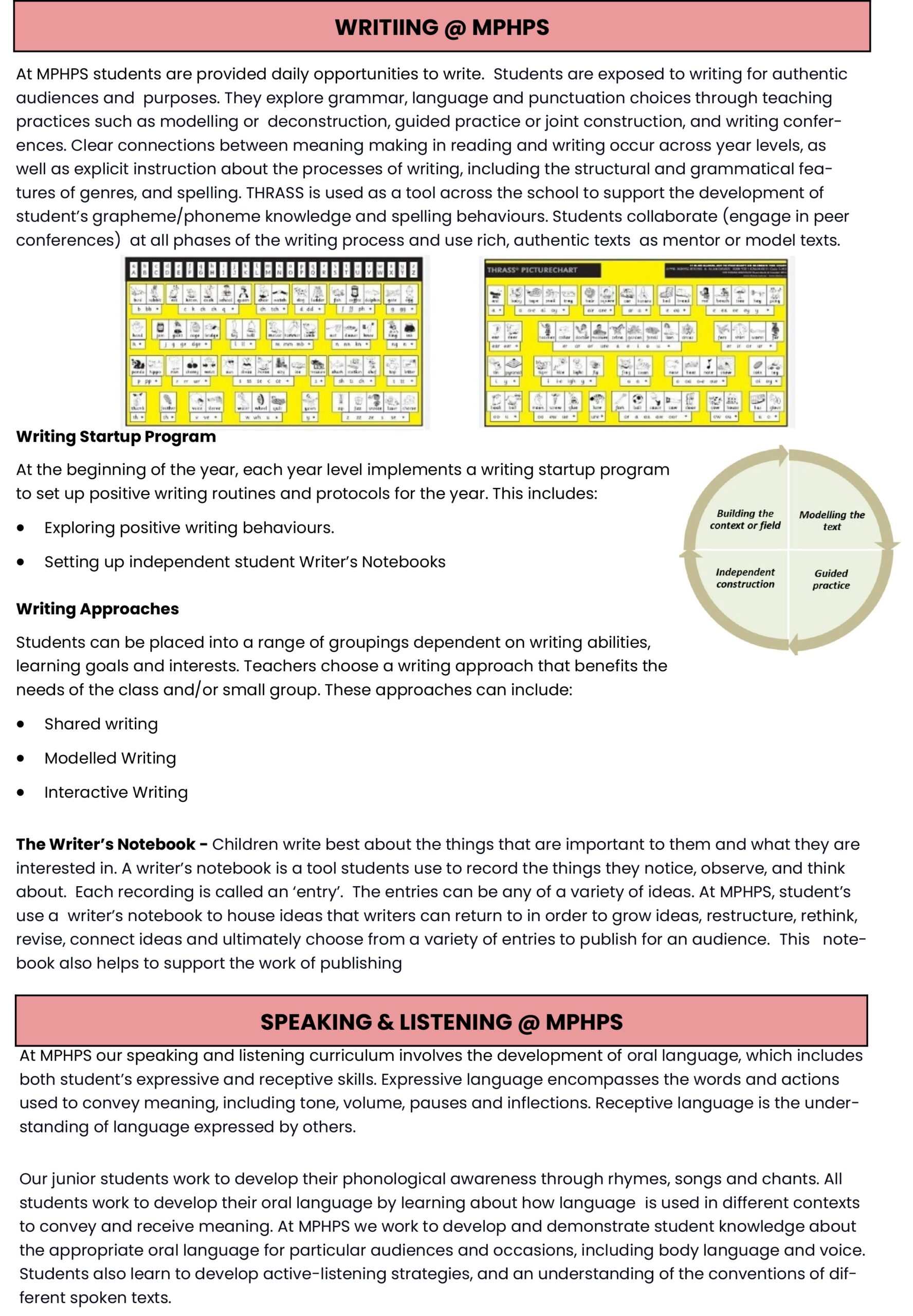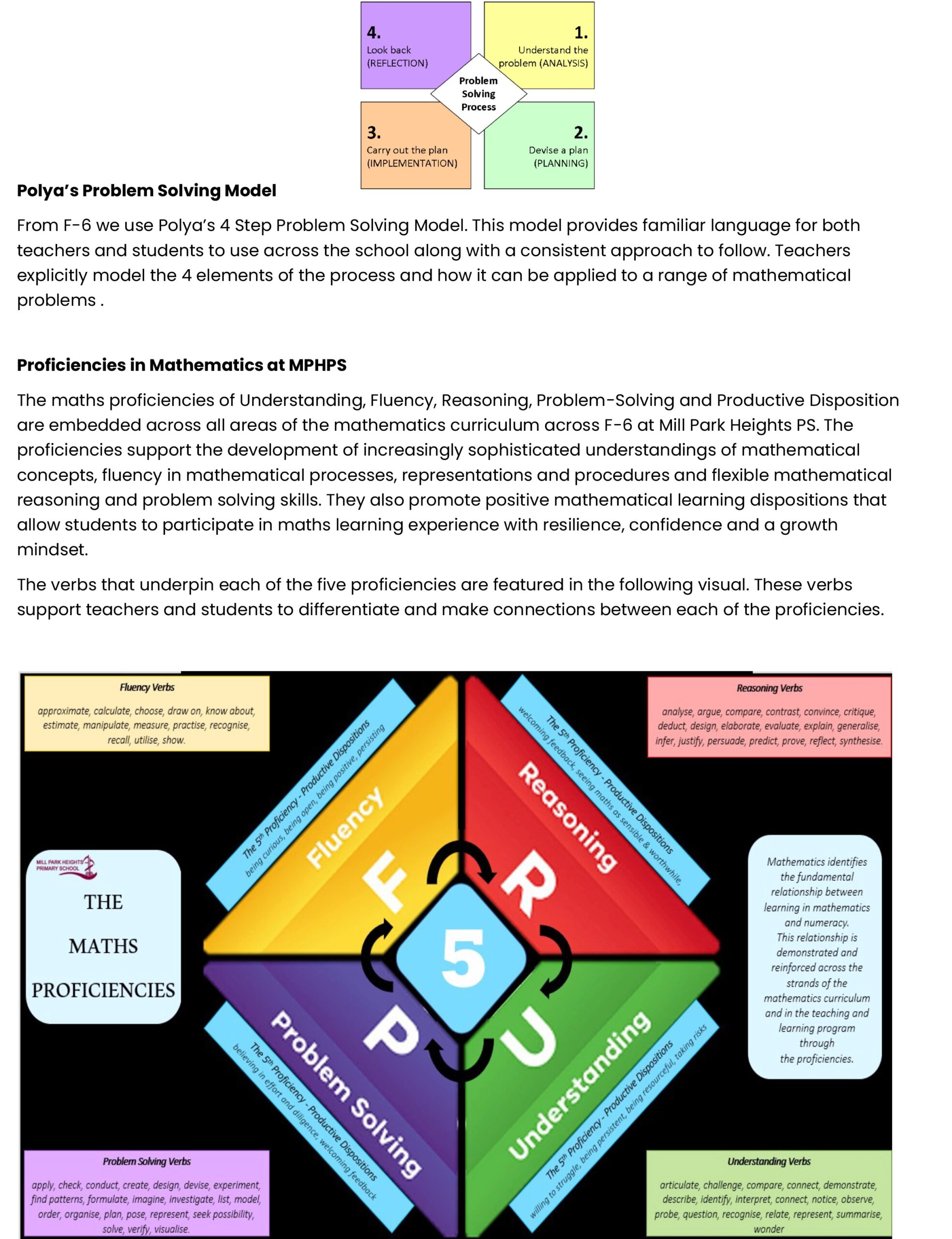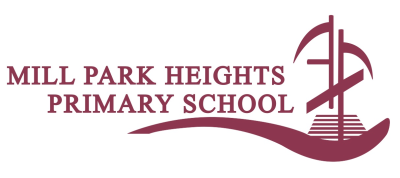The Framework for Improving Student Outcomes 2.0
The Framework for Improving Student Outcomes (FISO 2.0) is a continuous improvement framework for all Victorian government schools. The current version, FISO 2.0, has been designed to place learning and wellbeing at the centre of school improvement and is a direct response to the findings of the Royal Commission into Victoria’s Mental Health System with advice from the profession.
The Framework for Improving Student Outcomes (FISO2.0) comprises of :
- 2 outcomes of Learning and Wellbeing
- 5 core elements of Leadership, Teaching & Learning, Assessment, Engagement and Support & Resources
- 10 dimensions that underpin the core elements and indicate priority areas of practice to improve student learning and wellbeing.
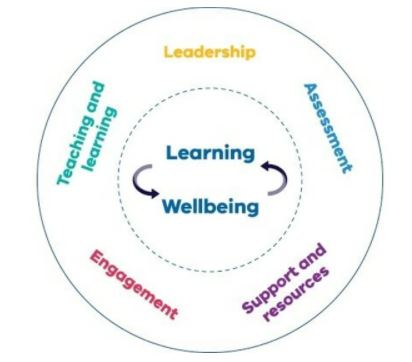
FISO 2.0 sets out the five core elements that when linked together, realise the goals of excellence and equity through developing the learning and wellbeing of every student in our school.
When integrated, these elements build a positive environment through strong relationships that enable all students to become:
- happy, healthy and resilient
- successful life long learners
- active, informed members of just and sustainable communities
The outcomes by definition:
Learning is the ongoing acquisition by students of knowledge, skills and capabilities, including those defined by the Victorian Curriculum and senior secondary pathways.
Wellbeing is the development of the capabilities necessary to thrive, contribute and respond positively to the challenges and opportunities of life.
The 5 Core Elements:
Outlined are the descriptors for each of the five core elements
|
Leadership |
is the development of shared processes and actions by staff and students that build a positive school climate for learning and wellbeing through practices and relationships based on high expectations, shared values and a culture of trust. |
|
Teaching and Learning |
refers to responsive practices and curriculum programs through which students develop their knowledge, skills and capabilities |
|
Assessment |
is the use of evidence and data by school leaders and teachers to assess student learning growth, attainment and wellbeing capabilities and to design and implement priorities for improvement. |
|
Engagement |
refers to the relationships and actions that support student learning, participation and sense of belonging to their school community |
|
Support and resources |
refers to the processes, products, services and partnerships that enable every student to strengthen their wellbeing capabilities and achieve the highest levels of learning growth |
The 10 Dimensions
The dimensions are structured around the core elements and indicate priority areas of practice that improve students’ learning and wellbeing.
|
Leadership |
The strategic direction and deployment of resources to create and reflect shared goals and values; high expectations; and a positive, safe and orderly learning environment |
|
Shared development of a culture of respect and collaboration with positive and supportive relationships between students and staff at the core |
|
|
Teaching and Learning |
Documented teaching and learning program based on the Victorian Curriculum and senior secondary pathways, incorporating extra-curricula programs |
|
Use of common and subject-specific high impact teaching and learning strategies as part of a shared and responsive teaching and learning model implemented through positive and supportive student-staff relationships |
|
|
Assessment |
Systematic use of assessment strategies and measurement practices to obtain and provide feedback on student learning growth, attainment and wellbeing capabilities |
|
Systematic use of data and evidence to drive the prioritisation, development, and implementation of actions in schools and classrooms |
|
|
Engagement |
Activation of student voice and agency, including in leadership and learning, to strengthen students’ participation and engagement in school |
|
Strong relationships and active partnerships between schools and families/carers, communities, and organisations to strengthen students’ participation and engagement in school |
|
|
Support and resources |
Responsive, tiered and contextualised approaches and strong relationships to support student learning, wellbeing and inclusion |
|
Effective use of resources and active partnerships with families/carers, specialist providers and community organisations to provide responsive support to students |
Mill Park Heights Primary School prepared a four year School Strategic Plan ( SSP ) in 2020 in consultation with the students, a panel consisting of an independent reviewer, Principal and staff representatives, school council representatives, the Senior Education Improvement Leader ( SEIL ) and external advisors. Our School Strategic Plan consists of three overarching goals,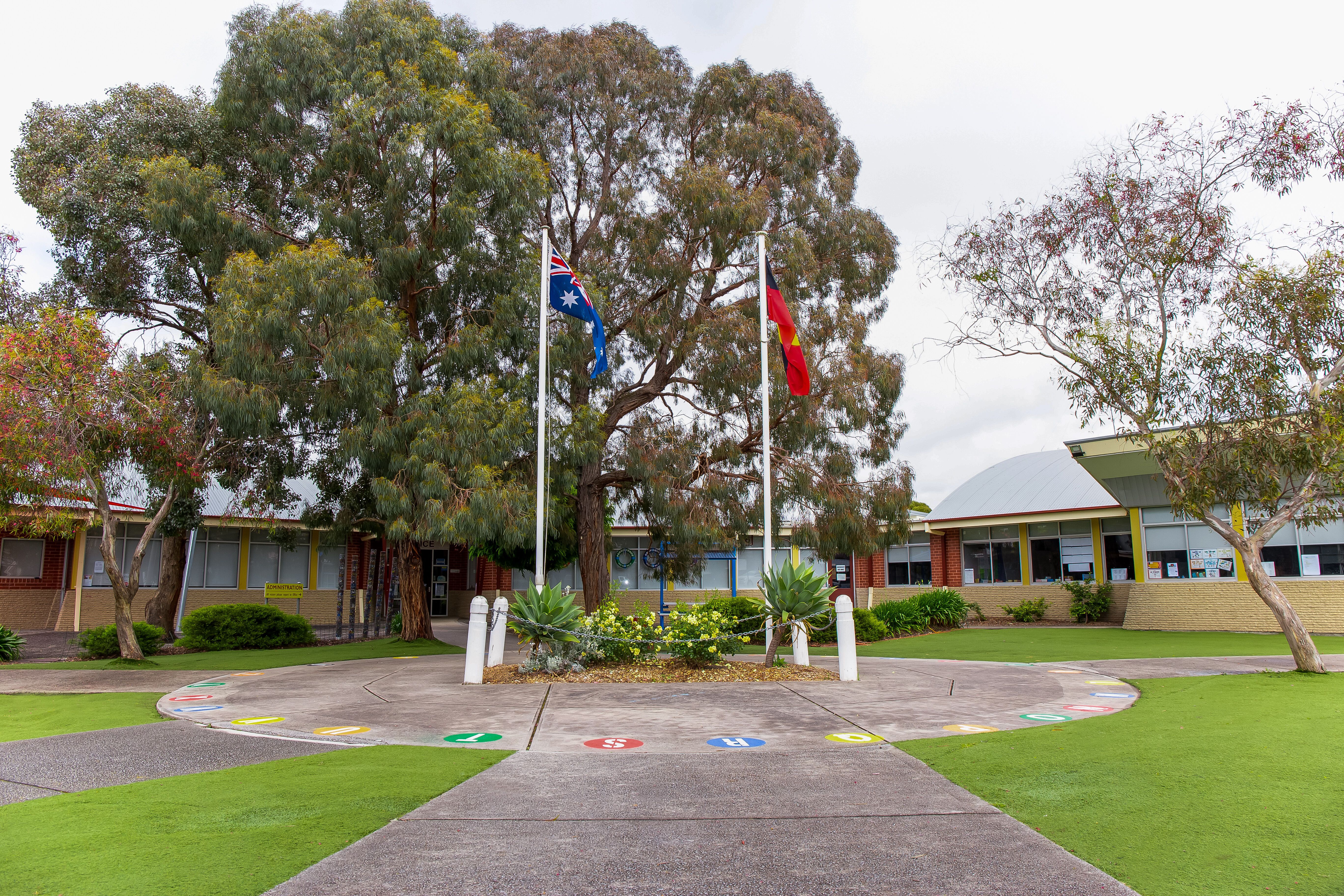
- Improve literacy learning growth and outcomes for all students
- Improve numeracy learning growth and outcomes for all students
- Empower students as engaged and independent learners
These goals and targets are addressed on an annual basis through our Annual Implementation Plan ( AIP ). Each AIP is designed to inform the focus and direction of Mill Park Heights Primary School across the four years of the SSP.
For further information, please click the links to access our Strategic Plan or AIP
- 2020 – 2024 School Strategic Plan
- 2021 AIP
- 2022 AIP
- 2023 AIP
At the end of every school year, the progress the school has made in relation to the AIP and SSP is reviewed and reported on. This is then presented at the School Council Annual General Meeting. Please click the link below to read our Annual Reports to the school community.
- 2021 Annual Report
- 2022 Annual Report
Learning at Mill Park Heights Primary School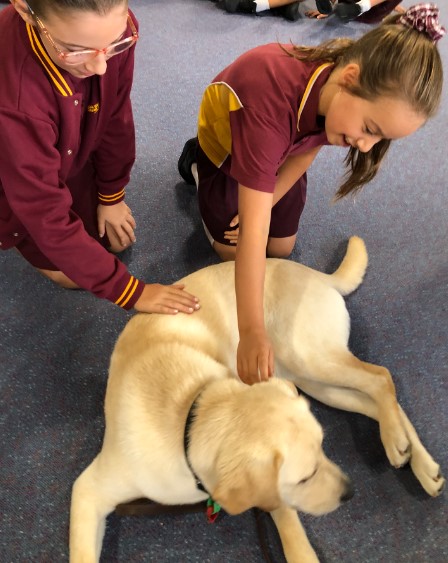
The staff at MPHPS work in Professional Learning Communities ( PLC ) to refine the Victorian Curriculum into our whole school learning, assessment and reporting framework. This framework sets out the skills our students are taught at their entry point of need. Each level is scaffolded from previous learning and has been meticulously planned with growth and outcomes in mind.
Weekly PLC meetings are focussed on the inquiry cycle and provide the opportunity for all staff to build their own knowledge and capacity as part of our commitment to Professional Learning. All PLC Inquiries are centred around student data, best practice and are aligned with our AIP goals. In 2024, our staff Professional Learning focus is on Number in Mathematics and we continue to use our Workshop Instructional Model to further develop Reading in English.
Planning meetings involve the creation of sequenced units of work, analysis of student learning and work samples, rich and dynamic 3
discussions to ensure the student learning is scaffolded, differentiated and all students experience success. We continually collect and analyse data to determine each student’s point of need and each lesson and program is planned accordingly to ensure all lessons are accessible for all students. Lessons are purposefully planned with a clear Learning Intention and Success Criteria to support visible learning and provide opportunities for feedback and reflection.
We aim to differentiate our lessons in a range of ways and this may include 1-1 conferencing, small group tasks, collaborative groups or independent tasks. Lessons are planned using a whole–part–whole structure, allowing for a gradual release of responsibility whereby students begin collectively, work on specific tasks, receive explicit teaching or be part of a guided focus group and then regroup as a class to reflect and review.
While we continually review our learning programs we offer the following subjects across our school:
- English
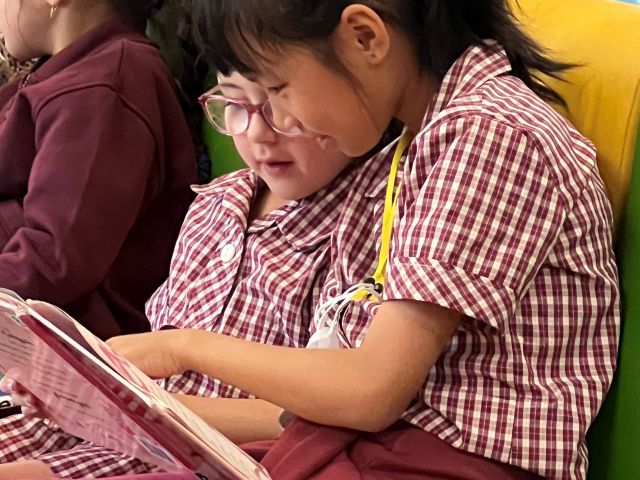
- Mathematics
- Integrated Humanities – History, Geography, Science, Civics and Citizenship
- Science & Technology
- Information Communication and Technology
- Wellbeing – Respectful Relationships
- The Arts – Visual, Dance, Drama, Music and Media
- Languages – Auslan
- Health and Physical Education
These core learning areas are focused and align with our AIP goals and targets. These lessons are continually scaffolded on prior learning and both summative and formative data is collected to track student progress and learning outcome growth.

Wellbeing at Mill Park Heights Primary School
The staff at MPHPS are committed to the wellbeing and engagement of all students within our school. We understand that Learning and Wellbeing are intertwined and are reliant on each other. In definition, wellbeing is the development of capabilities that are necessary to thrive, contribute and respond positively to the challenges and opportunities of life. The DET are currently developing the 5 core wellbeing capabilities to align with the FISO 2.0 Model and this guidance will be made available to schools in time.
We know that our world is rapidly changing and we continue to look at ways for our students to access and create information that places consistent emphasis on capabilities like creative thinking and problem solving. Navigating these changes requires resilience, adaptability and perseverance. Our focus is for students to become independent learners and collaborative problem solvers. As these skills and capabilities develop our students feel more confident to exercise their voice, agency and leadership. It is very clear that students with a strong sense of agency:
- Work harder
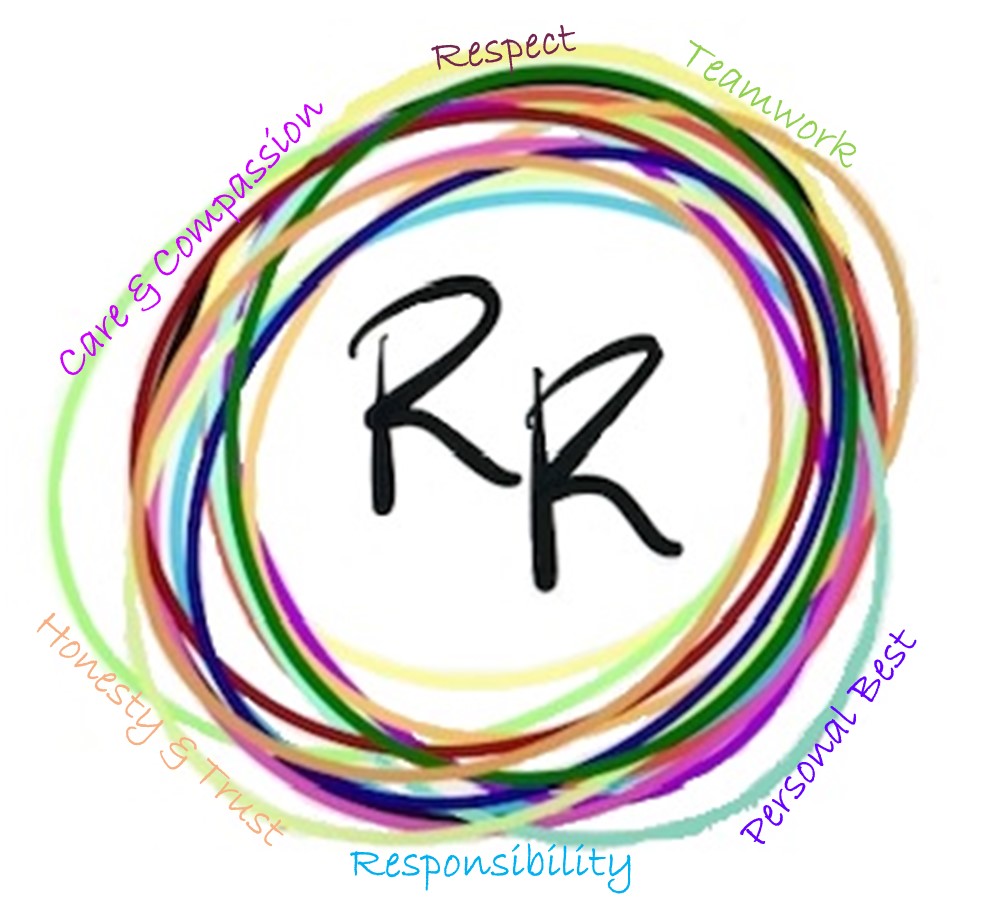
- Have a greater sense of focus
- Have more interest in learning
- Are less likely to give up
- Are better at planning ahead
- Are more likely to choose challenging tasks
- Set higher goals
- Have improved concentration and stamina when faced with difficulties
Research findings indicate that student voice, agency and leadership have a positive impact on self worth, engagement, purpose and academic motivation, which contributes to improved student learning outcomes (Hattie 2009).
At MPHPS we pride ourselves on our rich and engaging programs across all curriculum and learning areas. We set high expectations and strive to build genuine and authentic relationships to support each student’s growth. Attendance is paramount and remains a very strong focus within the school. Each absence is a learning and relationship connection weakened. We follow our school values and these are supplemented by our work in Respectful Relationships. We live and breathe our school vision and mission from individual classrooms, school teams and the broader school community. We have an outstanding Welfare team that can be accessed when wellbeing and engagement is at risk and we are able to connect with a range of external stakeholders to support individual needs where possible and available.
As we build our relationships and partnerships within the community, the wellbeing at MPHPS will continue to grow and thrive.
